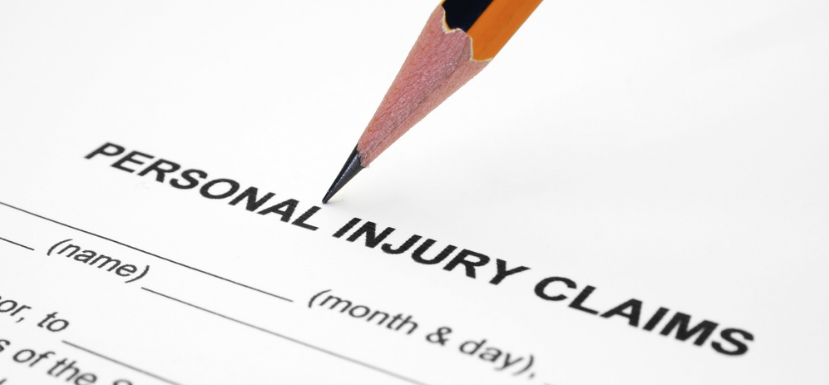
“Personal injury” is a legal term that refers to cases in which a person is sustains harm to their “body, mind or emotions” by another person or entity. Typical defendants in personal injury cases are accused of “carelessness or negligence rather than malice. Negligence occurs when an individual fails to exercise a reasonable standard of care for the safety of others. If a person fails to act as a reasonable person would, he or she may be liable for any resulting damages.
Personal injury cases are considered “tort claims.” Like every other tort claim, successful personal injury cases must determine: 1. Was the defendant liable for the damages sustained? 2. If so, what is the nature and extent of the damages?
When liability and damages are proven, our system of justice awards compensation to the individual who has filed a personal injury claim. In many cases, this is how injured parties are able to hold the people who harmed them accountable for their actions and recover compensation for the damages that resulted from their negligence.
What Are Examples of Personal Injury Claims?
A personal injury claim may be viable in any instance of harm caused by another person’s negligence, including:
- Premises liability
- Product liability
- Motor vehicle accidents
- Medical malpractice
- Workplace injuries
- Wrongful death
- Dog bites
What Can be Recovered Through a Personal Injury Claim?
The goal of most personal injury claims is to recover compensation to cover the damages that resulted from the injury either through a lump sum or periodic payments. Individuals who file a personal injury suit may be entitled to coverage for medical bills, transportation costs, and lost wages.
Sometimes, victims in a personal injury case receive compensation for non-financial damages as well. Compensation for “pain and suffering” and “punitive damages” may also be recovered by the victim. Because the cost of pain and suffering is not as easily quantifiable as damages resulting from medical bills, lost wages, and transportation costs, it is up to the attorneys and/or the jury to calculate fair compensation. Punitive damages, which are meant to be a penalty for the defendant’s actions, are rare. However, additional compensation may be added to a settlement or verdict in severe cases of negligence.
Can One Case Be Both Personal Injury and Criminal Defense?
Yes. In some cases, negligence is considered criminal as well– such as in a drunk driving accident. When this is the case, the personal injury claim and criminal defense trial are two, separate legal proceedings. If successful, the personal injury case would result in compensation to the victim for damages. The criminal case would be conducted to arrive at some kind of punishment for the defendant, such as jail time, fines, or both.
If you were injured because of another person’s negligence, you may be entitled to compensation. Call the Law Offices of Arthur Crum, PA at 301-662-4088 for a no-cost consultation and case evaluation.

